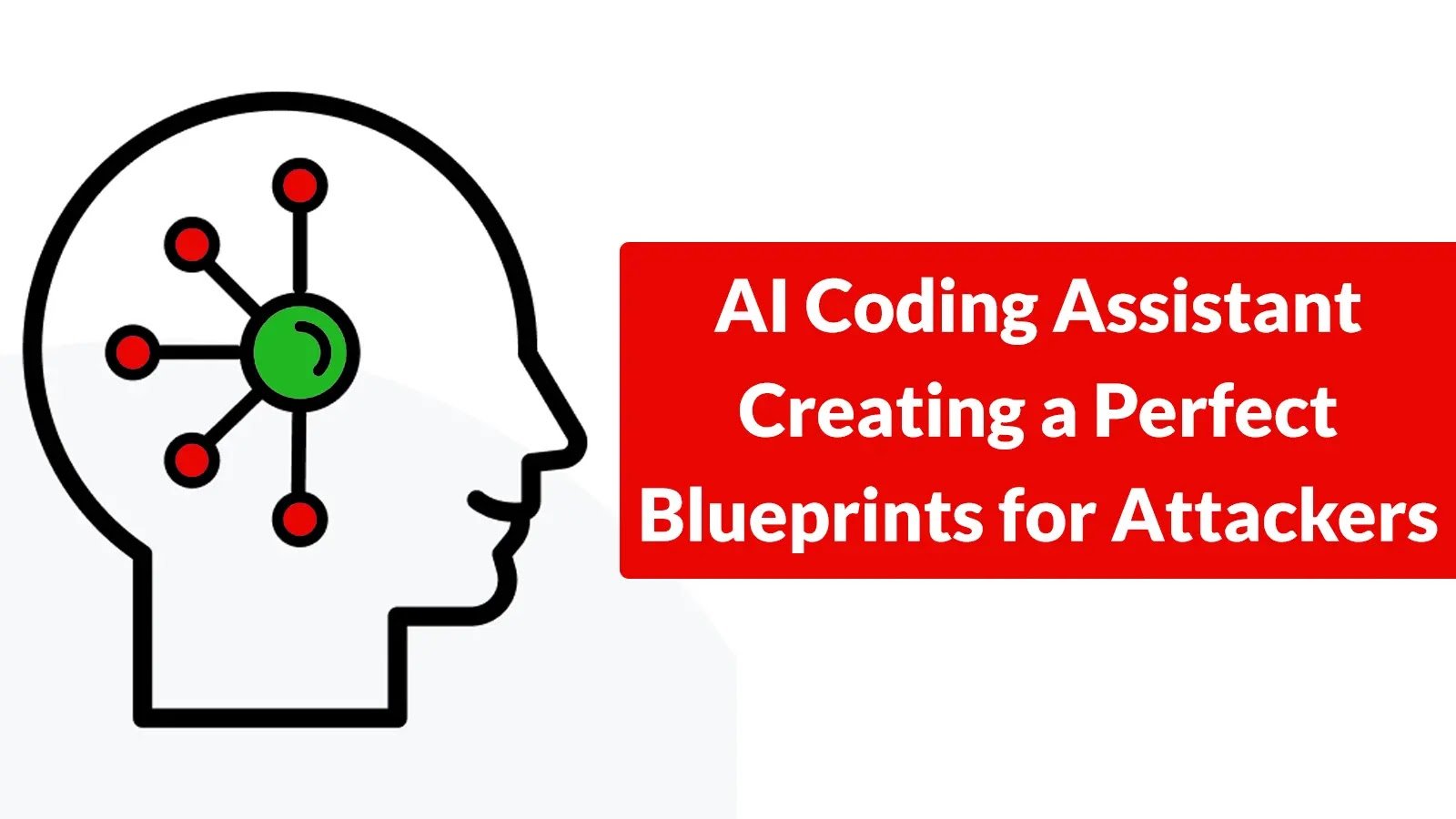AI-Powered Coding Assistant: Crafting Flawless Blueprints for Cyber Attackers
The cybersecurity landscape is facing an unprecedented threat as Artificial Intelligence coding assistants inadvertently evolve into reconnaissance tools for malicious actors. A recent investigation has revealed that developers’ interactions with AI tools like Claude CLI and GitHub Copilot are generating comprehensive attack blueprints that dismantle traditional barriers to sophisticated cyber intrusions. Modern AI coding assistants store detailed conversation logs containing sensitive information that attackers can exploit with minimal technical expertise. Unlike traditional attack methodologies, which required months of careful reconnaissance and specialised skills, these AI-generated logs provide immediate access to credentials, organisational intelligence, and operational patterns. This shift represents a fundamental change in the dynamics of the threat landscape, rendering patient, methodical reconnaissance obsolete. The implications extend beyond simple credential exposure, encompassing complete organisational mapping that would typically necessitate advanced persistent threat capabilities.
Security researcher Gabi Beyo identified this critical vulnerability while monitoring her own Claude CLI usage over a 24-hour period. Her analysis uncovered a systematic exposure of sensitive data across multiple categories, revealing how AI conversation logs function as curated intelligence reports authored by the targets themselves. Beyo’s investigation demonstrated that AI coding assistants store conversation data in predictable local file locations, creating centralised repositories of sensitive information. On macOS systems, Claude CLI maintains logs in ~/.claude/projects/ and ~/Library/Caches/claude-cli-nodejs/, while configuration data resides in ~/.claude.json and ~/.config/claude-code/ directories. The monitoring script developed during the research showcased real-time extraction capabilities. Within the 24-hour observation period, the logs exposed complete credential sets, including OpenAI API keys, GitHub personal access tokens, AWS access keys with secrets, and database connection strings with embedded passwords. Additionally, organisational intelligence emerged through natural conversation context, revealing technology stacks, project codenames, team structures, and security practices. This transformation in attack methodology eliminates the skill requirements that previously protected organisations.
Categories: Cybersecurity Vulnerabilities, AI-Driven Threats, Data Exposure Risks
Tags: Cybersecurity, Artificial Intelligence, Coding Assistants, Reconnaissance Tools, Attack Blueprints, Conversation Logs, Credential Exposure, Organizational Mapping, Vulnerability, Threat Landscape
